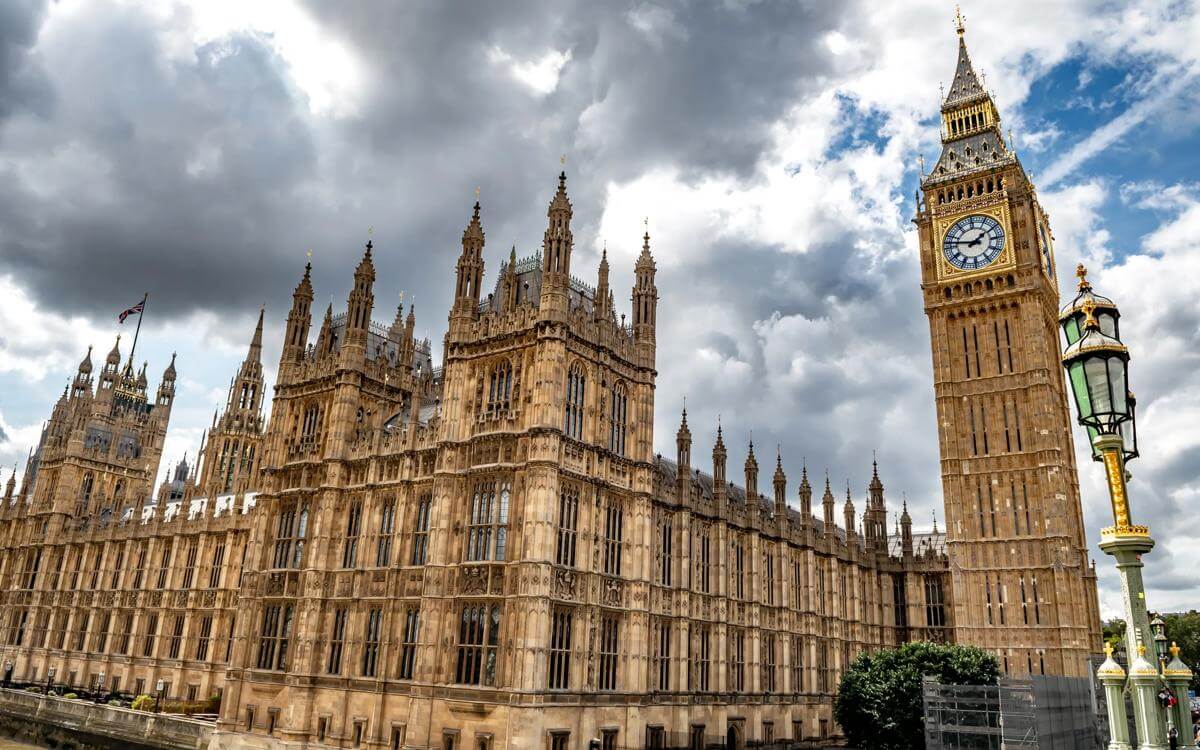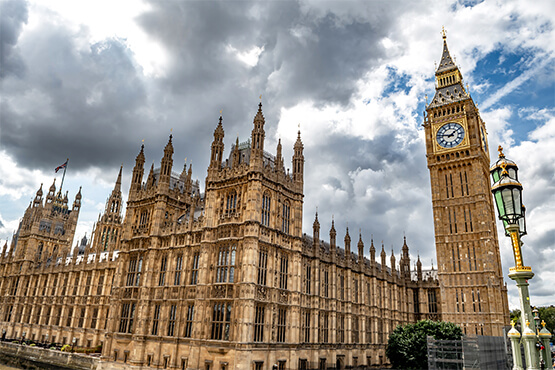Judgment was handed down on 9 May 2025, in the case of West Dulwich Service Station Ltd on behalf of West Dulwich Action Group v London Borough of Lambeth [2025] EWHC 1111 (Admin) with Tim Smith (sitting as a Deputy High Court Judge) allowing the claim on Ground 1.
This is one of a number of legal challenges brought against local authorities in respect of their decisions to create low traffic neighbourhoods (LTN) by way of traffic management orders (TMO) (or traffic regulation orders outside Greater London (TRO)) in accordance with the provisions of the Road Traffic Regulation Act 1984 (the 1984 Act). In this particular case, those orders were experimental traffic orders made under section 9 of the 1984 Act.
The Department for Transport (DfT) published its draft statutory guidance on implementing low traffic neighbourhoods on 17 March 2024 (the Guidance). The Guidance stresses the importance of sufficient public engagement and support when considering the implementation of an LTN and confirms that a decision-making authority must have regard to information provided as part of the engagement process when reaching a decision.
This claim for judicial review was brought by the West Dulwich Action Group, which was formed to represent the interests of residents and businesses affected by the London Borough of Lambeth’s (the Council) decision to implement a LTN scheme. The Council had been provided with a 53-page document by one of the residents’ associations (which formed part of the group action) prior to the decision being taken, which it was unable to demonstrate had been expressly considered prior to or as part of its decision to make the experimental traffic orders (ETO).
Despite some overlap, there were three separate grounds of challenge, namely that:
- the Council’s consultation on the orders was unfair;
- the decision to make the orders failed to have regard to material considerations, namely the Guidance; and
- the Council failed to comply with its duties of consultation under regulation 6 of the Local Authorities Traffic Orders (Procedure) (England and Wales) Regulations 1996.
The court considered the grounds in terms of procedural complaints and substantive complaints, with procedural being the manner in which the consultation was conducted and substantive relating to how the product of the consultation was considered and assessed by the Council’s officers, when taking delegated decisions.
In respect of the procedural complaints of the consultation process, the court agreed that “some of the elements of consultation could undoubtedly have been improved upon”, but did not accept that the process was “so seriously deficient as to clear the high hurdle applicable to it” to render the consultation process unlawful.
In respect of the substantive issue, the court applied the more conventional public law assessment of Wednesbury rationality to the particular circumstances and evidence. In relation to the 53 page “impressive” and “highly relevant” presentation, provided by the residents’ association, the court had serious doubt as to whether it could have formed part of the Council’s consideration in the lead up to the decision to make the orders. The failure to have regard to the document “was a serious failing, rendering the decision to make the orders unlawful in a Wednesbury sense".
The court also found that the Council could not claim that the integrity of the consultation for ETOs is less important because it will be followed by a longer period of statutory consultation after they have come into effect, and before any permanent orders are made.
The consideration of the Guidance was addressed by the court in relation to Ground 2. It found that the final decision did include some recognition of the levels of public opposition to the orders. The court observed that the consultation was not a referendum on the proposals, and the Guidance did not suggest that the level of opposition should be regarded as a pivotal factor, rather that it recommends that measures should be adopted in the consultation and engagement to ensure that the proposals are explained adequately, and that opposition flowing from misunderstanding or unsupported suspicion can be avoided. The court found that the Council did have adequate regard to the Guidance and had given sufficient reasons for how it had done so.
The claim was allowed on Ground 1 only and dismissed on Grounds 2 and 3. Further proceedings will determine the appropriate relief in respect of Ground 1.
Considerations for local authorities
This case highlights the importance of adhering to established consultation principles. DfT’s guidance, despite being in draft form, is a useful tool and one that must be considered when local authorities are intending to implement LTN orders. The Guidance contains recommendations on how consultation and engagement should be conducted. However, guidance in and of itself cannot disturb the history of case law that established those consultation principles.
It is well established at common law that, whether mandatory or voluntary, there is a requirement for fair consultation. A local authority must be alert to the Gunning principles (see R v London Borough of Brent, ex p Gunning [1985] LGR 168) and well-established requirements for a lawful consultation. Predetermination cannot take place.
In this case, the court made clear that “the threshold for finding a consultation process to be so deficient that it is legally flawed is a high one” and that the process as a whole must have gone “clearly and radically wrong” to render it so deficient.
A consultation is often made up of a number of individual set pieces, with no one element likely to be determinative. On the procedural facts of the case, the court had relative sympathy for the Council’s actions in seeking to consult with the local community but found flaws in how the Council reported aspects of the consultation in its delegated reports.
We set out below some key considerations for local authorities undertaking consultation and decision taking in respect of TMOs, TROs or ETOs, though these aspects should be considered in any context.
- A local authority will need to demonstrate that a proposal is drawn up following consideration of relevant issues and in a way which is proportionate to the local authority’s aims. If there are existing strategies or policies in place, a local authority may wish to consider how these align with the proposed TMO, TRO or ETO.
- It is vital that as much objective evidence as possible is gathered and publicised to inform the decision-taking.
- Consultation on ETOs is no less important than consultation on permanent orders, despite there being a longer period of statutory consultation after the order has come into effect (and before any permanent orders are made).
- It will be important to consider how consultation questions are phrased. In this case, complaint was made that the consultation questions required respondents to only comment on how the proposed LTN scheme should be implemented, rather than seeking comments on whether the scheme should be implemented in the first place.
- It will be necessary for all consultation responses to form part of a local authority’s considerations in its decision to make an order. In this case, the 53-page document did not expressly form part of the Council’s considerations, when it should have done. The content of the document was highly relevant to the issues being deliberated upon and so was a material consideration. Failure to have express regard to the document was a serious failing by the Council and is ultimately what rendered the decision to make the orders unlawful.
- It will always be necessary to evidence local authority decision-taking in written reports, though how information is reported is something to be carefully considered. Selective partial reporting or misleading will not be acceptable, even where the wording may not contain any factual inaccuracies. A local authority must have a complete and sufficiently detailed audit trail, that robustly evidences that all relevant factors and options were identified, considered and weighed up in a reasonable manner. This is fundamental to making a robust decision when considering public law principles. In our experience whilst there may be a natural desire to set out a favourable case for a proposed decision, (especially where there is significant opposition to the proposed decision), it is as important that the opposing case is accurately and fairly explained to the decision-taker.
- There is risk that a local authority may need to refund revenue received from penalty charge notices (PCN) issued where the TMO, TRO or ETO has been implemented and has subsequently been deemed unlawful. In this case, it is being reported that the Council collected over £1 million in revenue from PCNs issued to motorists who did not adhere to the LTN scheme, and campaigners are calling for the Council to refund the motorists fined.
We would be happy to provide advice to you on any of the issues discussed above. Please do contact us.











































